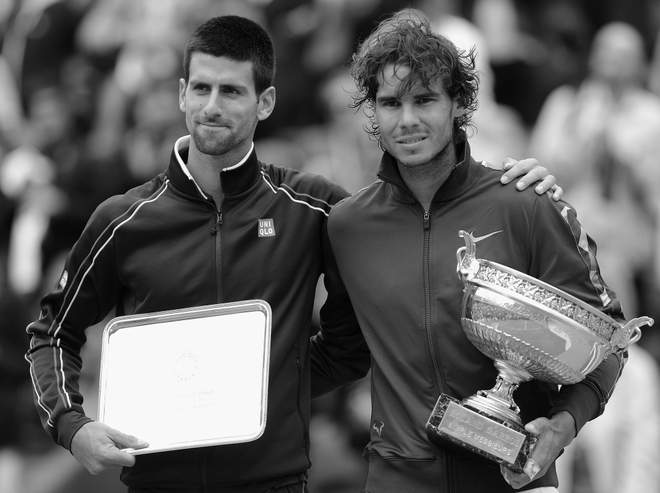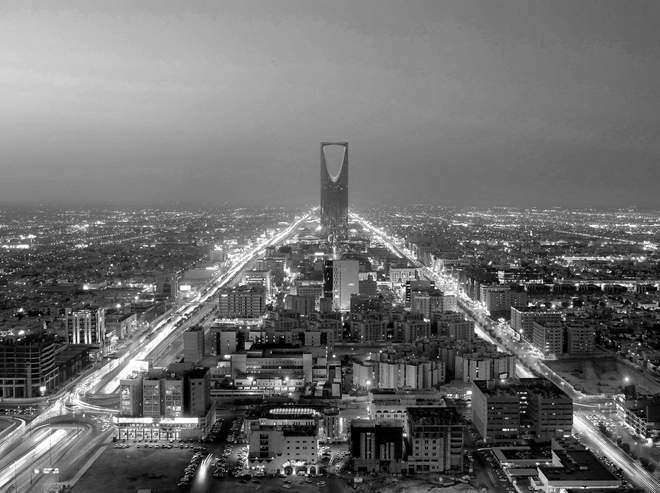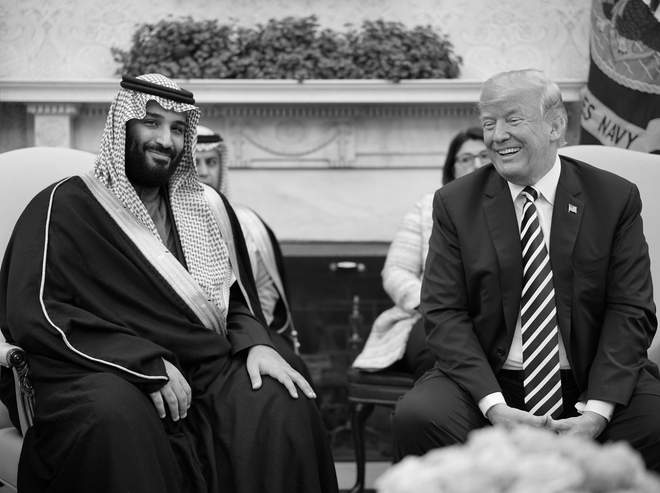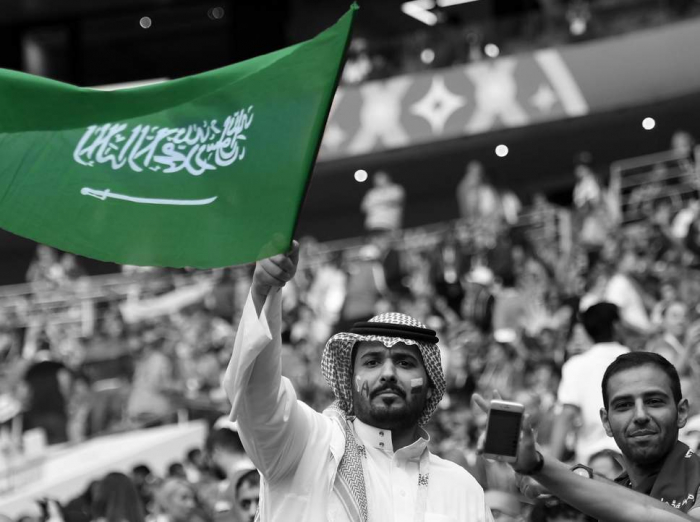Of the 51 casualties, 40 were children, many of the bodies so badly mutilated they could not be identified. An independent monitoring group, the Yemen Data Project, describes the targeting of the school bus as part of a wider campaign against civilian vehicles. A spokesman for the Saudi-led military coalition, meanwhile, described the attack as “a legitimate military action”.
A few months later, Novak Djokovic and Rafa Nadal were sitting in a press conference room in Paris, looking a touch awkward. They were defending their decision to sign up for a lucrative exhibition match in Jeddah in December, in the face of calls to reconsider over the murder of the journalist Jamal Khashoggi at the Saudi consulate in Turkey.
“I know something very bad happened inside there,” noted the eagle-eyed Nadal. “Right now, we just don’t have enough information,” Djokovic said. “We have to look into that a bit more.”

Djokovic and Nadal were scheduled to play an exhibition in Jeddah (Getty)
A fortnight later, however, we had our answer. On Friday, Djokovic v Nadal was abruptly called off, with Nadal’s ankle injury the reason given. The cancellation of the match, or perhaps its postponement (Djokovic’s statement that it would “not happen this year” offered some constructive ambiguity on that score), was but a minor kink in Saudi Arabia’s strategy of allowing sport and its protagonists to do its PR work for it.
A couple of weeks ago, Brazil and Argentina played each other in a friendly in Jeddah that was largely inconsequential to everyone except the bank accounts of the two countries’ FAs, and the Saudis themselves, who were able to blazon the images of Neymar, Paulo Dybala and Philippe Coutinho playing on Saudi turf to a global audience. Saudi Arabia’s second city also played host to the climax of the World Super Series boxing in September, where Callum Smith knocked out George Groves to claim the WBA super-middleweight title.
And there’s more to come. December sees Riyadh host the opening race of the new Formula E season. In January, Riyadh will also host Juventus and AC Milan in the Italian Supercoppa, which having been to Qatar, China and Colonel Gadaffi’s Libya in recent years, now only needs North Korea and South Sudan to complete the full human rights set and win a year’s supply of dissident bones.

Riyadh is set to host numerous international events (AFP/Getty)
Of course, it’s easy to see what the stars are getting out of this. The life of an elite athlete is, after all, a vanishingly short one, and it’s hard to begrudge people who are simply trying to eke out the most of their time-limited earning potential. The more interesting question, really, is what’s happening on the other side of the deal.
It was around two years ago that Saudi Arabia began seriously throwing its weight behind sport, with the creation of the Sports Development Fund, whose objective was to direct some of the country’s immense oil wealth towards building an entire new sporting infrastructure: sporting clubs, grassroots facilities, elite arenas and the attraction and promotion of big international sporting events.
For decades, the ultra-conservative Islamic nation had made minimal effort to engage the international sporting community, seeing sport in the same way that it saw many other forms of entertainment: an irrelevance at best, a cultural threat at worst. In a way, it was a stance that mirrored the state’s attitude to the rest of the world: a haughty indifference bolstered by the knowledge that at any point, it could simply turn off the oil taps and the send the global economy into a tailspin.
But one day, of course, the oil will run out. And so in order to wean its economy off its reliance on oil, the Saudis needed to diversify. In order to diversify, it needed outside investment. In order to get outside investment, it needed to get people to like it. And as with the rich kid at school who everyone hates, what better way of getting people to like your country than by throwing them a huge party?

Saudi Arabia has been working hard to attract outside investment (AFP/Getty)
Naturally, that’s a slightly oversimplified view of things. Saudi investment has taken many forms: it’s one of the biggest investors in Uber, a significant investor in Twitter, and it’s only fair to point out that a private Saudi citizen called Muhammad Abuljadayel owns a minority stake in The Independent’s parent company. But sport has served a particularly valuable role, not merely for its ability to attract tourism - another prong in the diversification strategy - but for its easy access to a captive global audience and protagonists whose silence can easily be bought.
As Qatar, Abu Dhabi, Russia and many others have discovered before it, embed yourself deeply enough into the vast global establishment of sport, and not even your worst enemies will be able to root you out.
The need to shift Saudi Arabia’s popular image as a brutal, conservative and deeply repressive place - although it remains virtually all of these things - has seen sport deployed as a sort of keyboard shortcut for fun-loving good times. Yes, women are still kept under the abhorrent ‘guardianship’ system where male relatives decide whether they can travel, study or even access healthcare. But look, they can go to football stadiums now! Smile, indentured female chattel, you’re on the big screen!
And so, as Saudi warplanes are busy blitzing Yemen into dust, Fifa president Gianni Infantino is criss-crossing the world trying to sell his new Saudi-funded Club World Cup competition. As critics of the Saudi regime are rounded up and held without trial, the European Tour is preparing to host its first ever event in Saudi Arabia in January, with the likes of Dustin Johnson and Patrick Reed among those signed up. Turn up the music loud enough, and nobody will be able to hear the screaming.

Gianni Infantino is attempting to sell a new Saudi-funded competition (Getty)
Sport has been an instrument of foreign policy ever since Henry VIII and Francis I rocked up at the Field of the Cloth of Gold in 1520 to joust, wrestle and chat politics while gnawing on quail legs. But in an age where the stench of tainted capital is so pervasive and so global that it’s virtually impossible to avoid, the imperative to speak out becomes all the more important. Those who take the money also have an obligation to tell the truth.
“Failing to criticise human rights abuses,” an expert on Saudi politics wrote earlier this year, “creates an atmosphere that empowers authoritarian rulers to deny civil rights to their own people.”
The writer’s name was Jamal Khashoggi.
The Independent
More about: SaudiArabia
















































